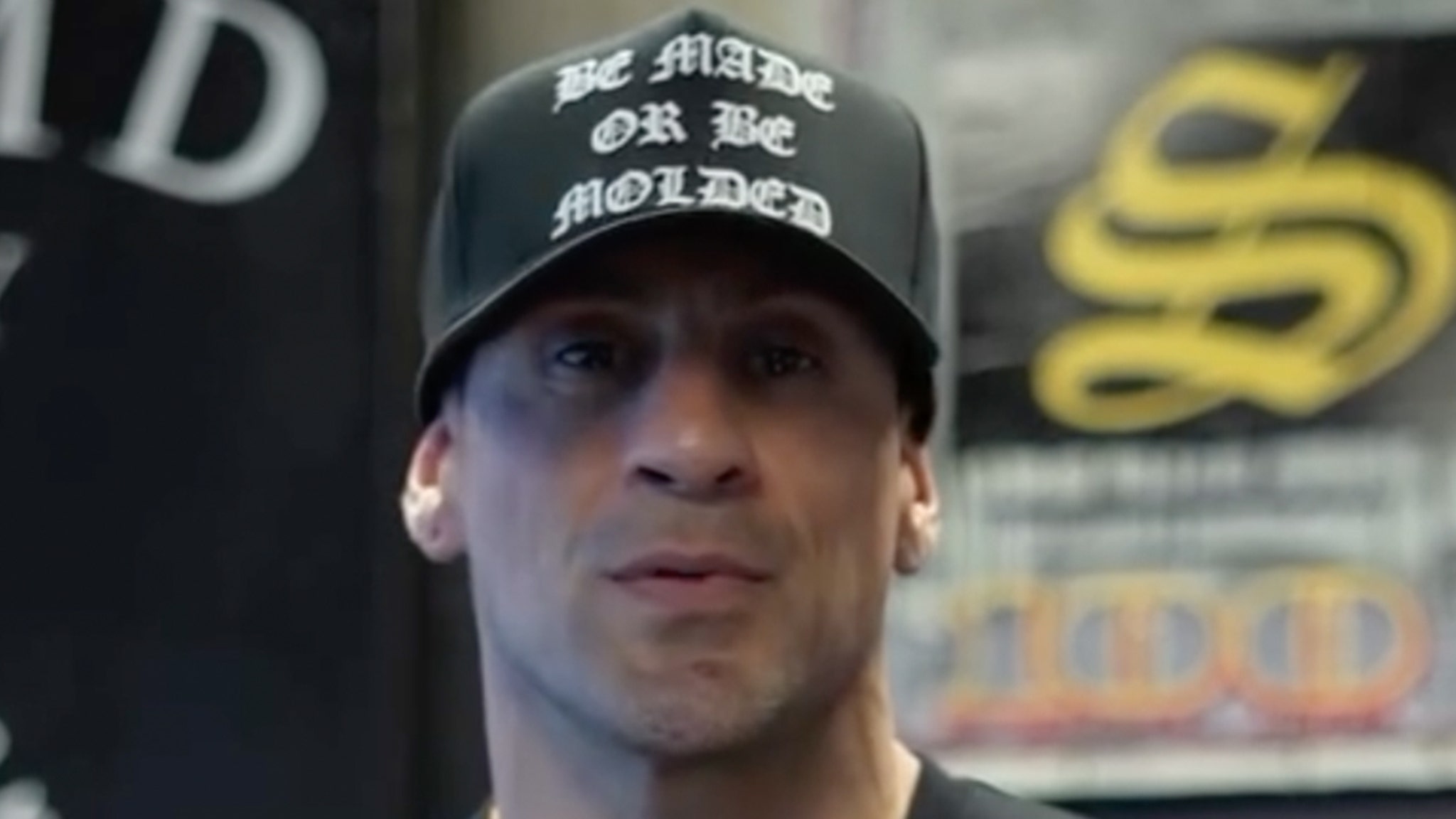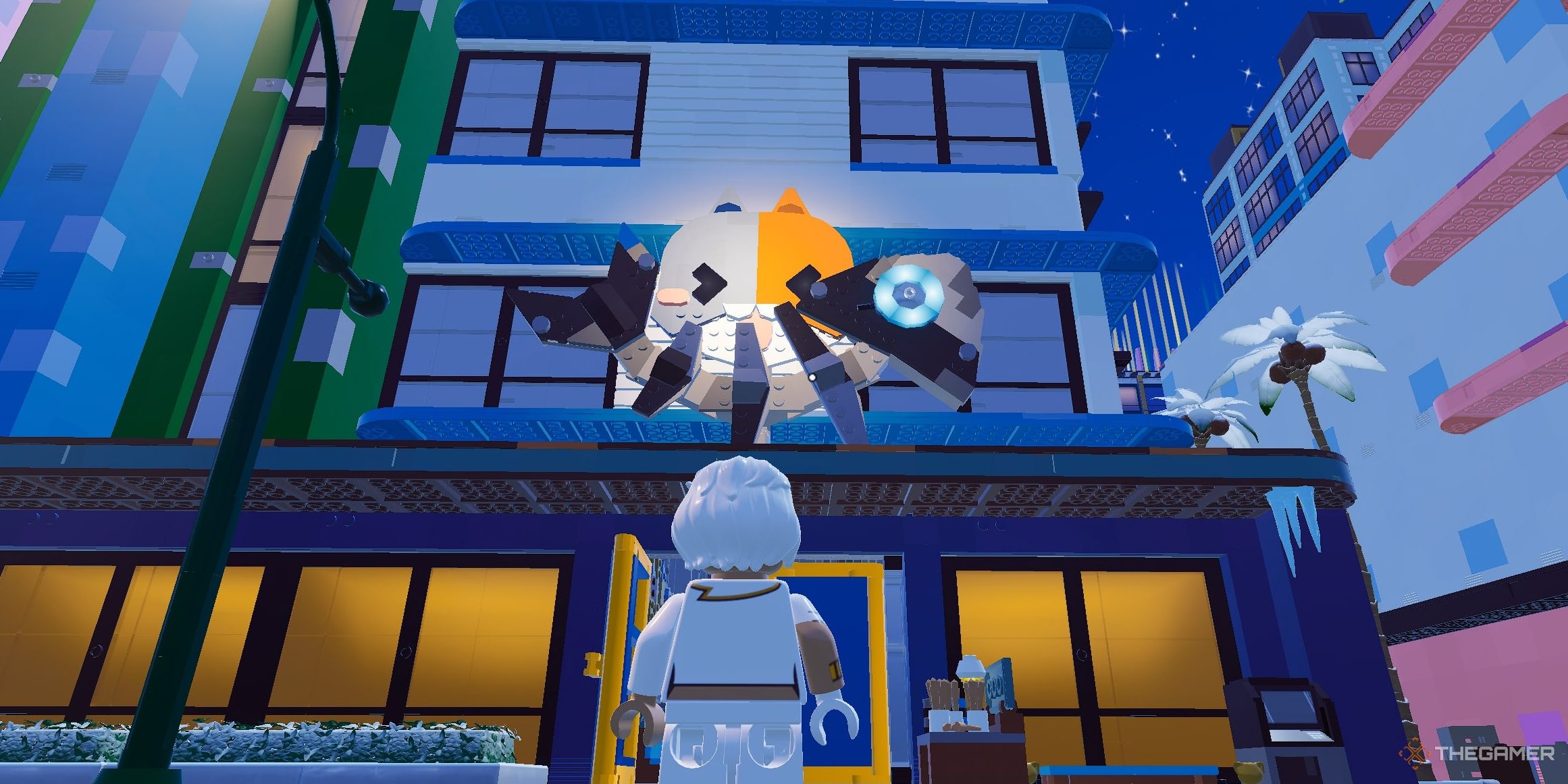Jobs
It’s not too late for the press to start doing their jobs

One night last week I got a robocall asking me to participate in a candidate town hall. “If you’d like to ask Ed Montanari a question, press star three,” a female voice instructed me as I joined the call to satisfy my curiosity. Though I had previously not given any thought to the Florida District 60 state House race, I spent the next hour listening with interest as Mr. Montanari, a Republican challenger, fielded questions from voters. At one point, I pressed one to ask a question. I told the screener my question was about crime, and fifteen minutes later I was connected to the candidate to ask my question. Isn’t this how democracy is supposed to work?
Town hall debates where voters can ask presidential candidates questions have fallen out of fashion in this era of increasingly cautious campaigning. Trump took five prescreened questions from voters at a Fox News town hall debate in September, but don’t expect the vice president to do anything similar. Even the progressive website Axios acknowledges that Harris and her running mate are hiding from the press. By Axios’s count, Trump and Vance have done ten times as many interviews and press conferences as their adversaries — seventy versus seven — in the first fifty-nine days since Harris became the Democratic nominee.
Since virtually no Americans get to query presidential candidates — save perhaps a few in the donor class wealthy enough to attend high-priced fundraisers — we rely on the media to hold the candidates accountable and to parse their policy positions. On these scores, the press is doing a spectacularly bad job in covering both Trump and Harris, though for very different reasons.
The press, including but not limited to ABC’s intensely partisan debate moderators, David Muir and Linsey Davis, have been a lot tougher on Trump, but their often paragraph-long questions are more often designed to embarrass or discredit him than to clarify his policy positions. For example, ABC News senior congressional correspondent Rachel Scott kicked off Trump’s appearance at the National Association of Black Journalists (NABJ) convention with a paragraph-long campaign speech disguised as a question that could have been drafted at the Democratic National Committee headquarters. Her 151-word “question” was, essentially, why should any black people vote for a racist like you?
In sharp contrast, when journalists, if you can call them that, from the same organization had an opportunity to interview Kamala Harris, the tone was markedly different. Eugene Daniels, Politico’s White House correspondent and president of the White House Correspondents’ Association, asked Harris a rambling question about whether Trump’s comments about pet-eating immigrants were the sort of “irredeemable racism that can’t be mitigated by any rational action? Or is this a situation which a federal response could help this community heal?” he asked.
Another NABJ moderator, Gerren Gaynor, who covers the White House for a black lifestyle publication and describes himself as a black queer journalist, asked Harris about the importance of being a “joyful warrior.” “Your opponent and Republicans have, at times, weaponized you laughing in campaign ads,” he said. “Why is joy important to you to insert into this election, and what do you make of Republicans using that as a way to suggest that you’re not a serious candidate?” The NABJ moderators had Harris on stage for nearly an hour and didn’t ask her a single question about immigration or any of her policy flip-flops.
Given the fact that the Democrats staged a coronation rather than a competitive primary process and the reality that Harris has mostly stiff armed the media and divulged little substantive policy proposals since becoming the party nominee, one would think that journalists would feel a professional duty to provide voters with as much information as possible regarding where Harris stands on the issues. Cheerleaders posing as journalists, like Gaynor, Daniels, and the debate moderators ought to face opprobrium from their colleagues and bosses for their softball treatment of Harris. Instead, they’re mostly getting atta-boys everywhere but in conservative media.
Kelly O’Donnell, NBC News’ senior White House correspondent and the former president of the White House Correspondents’ Association, had an opportunity to ask Harris a question at the DNC, but instead congratulated her and asked her “how she felt.” She also tweeted a video of her exchange with Harris as though her sycophancy was something to be proud of. Last week, in what the White House is ridiculously counting as a “press gaggle” at a campaign appearance in Johnstown, Pennsylvania, the vice president took just one question, and it was as innocuous as most she faces. “Madam Vice President, how are you feeling about Pennsylvania?” a female journalist asked.
At the debate, Muir and Davis didn’t, for example, ask the candidates about legal immigration — fundamental questions like how many migrants should we let in and who should be eligible to come. In fact, no one in the media has asked Trump this fundamental question either. The debate moderators also failed to ask Harris about her recent, widely panned plan to establish price controls on groceries and didn’t press her on the far-left proposals she campaigned on the last time she ran for president.
David Muir asked Harris if she thought Trump was trying to “suppress the vote,” and asked for “her thoughts” on Trump saying she wasn’t black. Meanwhile, they hammered Trump with irrelevant gotcha questions about the 2020 election and other matters he’s already been asked about dozens if not hundreds of times before. A few weeks before the debate, the New York Times published a piece about the “extraordinary friendship” between Harris and Dana Walden, a Disney executive who oversees ABC News. And an ABC News whistleblower claims the network improperly colluded with the Harris campaign. But the media isn’t interested in looking into these claims. Instead, anyone who suggests that the debate was rigged is written off as a conspiracy theorist.
Progressives preach endlessly about the threat to democracy they claim Trump poses. But when a new candidate is anointed late in an election cycle outside the typical democratic primary process, the presses job is to inform the public on the candidate’s policy priorities. Instead, most in the media have actively colluded with the Harris campaign to obscure her legislative track record while selling us on the Kamala the moderate makeover.
Too many in the media also seem unconcerned with how the former president has faced two assassination attempts and are eager to memory-hole both incidents rather than delving into why these harrowing attempts happened. Admittedly, the Harris campaign has given them few opportunities to press her on a range of issues. But when they’ve had their chances, they’re mostly fumbled them. Americans want to know more about Kamala Harris and where she stands on the issues. It’s not too late for the press to start doing their jobs in earnest.








